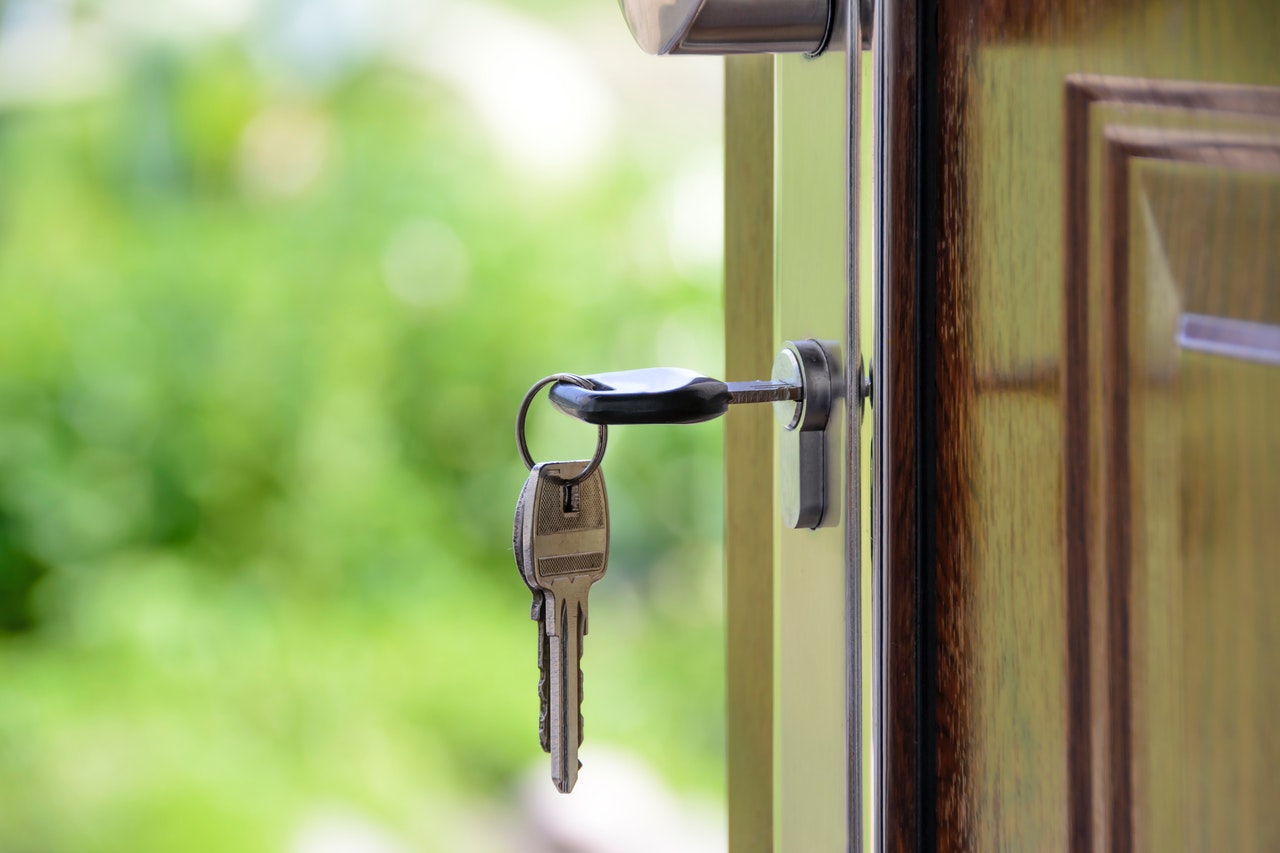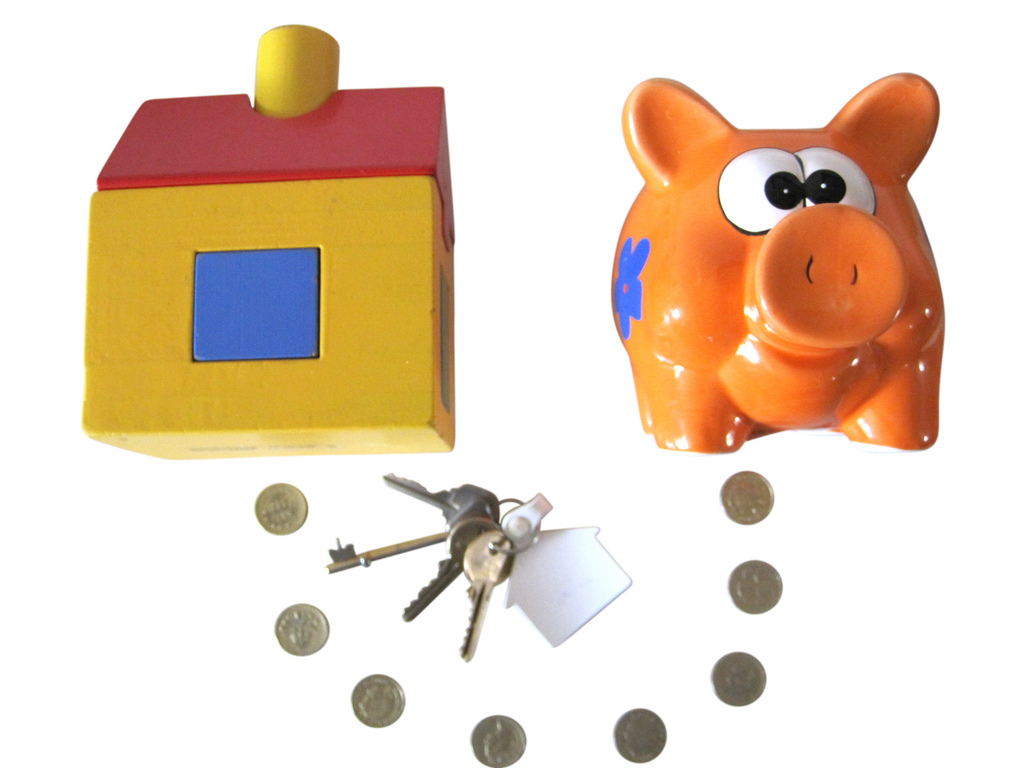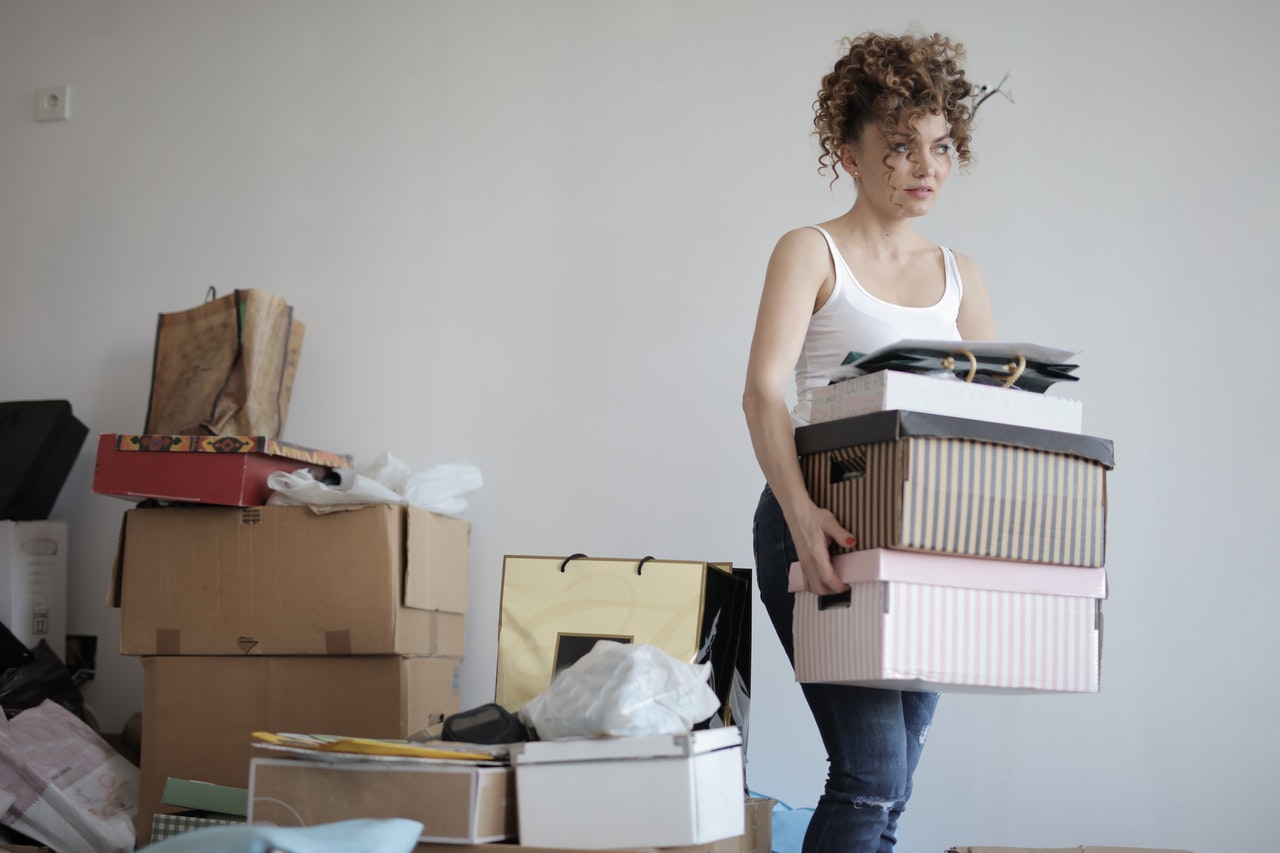If you’re considering selling your home, then it’s vital that you’re as organised and prepared as possible for the process. A stressful step to take no matter what your age, it’s one that can be a lot more challenging than you initially think.
As part of the move, you’ll not only need to confirm the date of your move and ensure that you can move into your new home at a time that suits you, but you’ll also need to consider what costs are associated with the process. Often, sellers will put their home onto the market without fully taking into account how much they will have to pay out – a mistake that will be costly in the long term.

To help guide you, here is a list of 10 costs that are often forgotten or not fully considered when moving house:
-
Stamp Duty
Even if you haven’t forgotten this cost, you might not know exactly how much you’ll have to pay out on this. Stamp duty is the tax that’s associated with property and land transactions. Something that must be paid by buyers that are purchasing a property that’s over the £125,000 threshold, it can put a significant dent in your finances if you’re not prepared for it.
Keep in mind that with stamp duty, the more expensive the property, the higher that you’ll have to pay. Of course, this cost is not applicable for first time buyers, but for those selling their previous property, it’s something that you’ll want to pay attention to.
-
Buildings Insurance
When purchasing a new home and getting a mortgage, you will have to get buildings insurance that’s policy starts on your exchange date. No matter if you have a freehold or a leasehold property, it will help to cover you in case anything happens to the property between exchange and completion – for example flood or fire damage.
Without it, the mortgage lender’s asset won’t be protected and you as the buyers will be considered in breach of the conditions set out by the mortgage. So make sure that you look into this early one to avoid future issues.
-
Mortgage Arrangement Fee
Often considered to be one of the hidden costs that sellers forget about, the mortgage arrangement fee is something that you’ll have to budget from at the start. Of course, it will vary depending on which mortgage/mortgage lender that you opt for. But if you can find out how much this is ahead of time, you’ll be able to successfully save for it.
This fee covers the cost of the lender setting up your new mortgage for you (if you need to take one out) or if you need to transfer it over to your new property. Although occasionally this cost will be taken off in order to entice you into using a lender’s services, they are often found on mortgages with favourable interest rates.

-
Property Fraud Fee
Although this doesn’t tend to be an expensive cost, it’s still one that you’ll want to factor into your overall expenses. When selling your home, it could be targeted by fraudsters. Therefore, as part of the process, your solicitor might want to double check your credentials with a property fraud inspection – which typically costs around the £10 mark.
-
Estate Agents Fee
People often forget that estate agents work on commission when selling a property. And as part of this, they will charge you a percentage of the price of your house sale. Usually between the 1-3% mark plus VAT (20%) it can be pretty costly depending on the value of your home.
Of course, if you want to decrease this cost, you can opt for a solo agent. Just keep in mind, however, that this will result in less people being able to view your house – which could be the difference between your house being sold and being ignored on the market.
You could also advertise your home through independent websites, arranging viewings yourself. But to save on effort, you might want to opt for an estate agent who will take this responsibility on for you.
-
Valuation Fees
When you apply for a new mortgage, you will have to pay a valuation fee for it. Although this cost will depend on the mortgage you go for, it can cost up to £2,000 and therefore it’s not one that you’ll want to fail to remember.
To get the most affordable mortgage, spend some time comparing and contrasting the offerings online, looking at their valuation fees, arrangement fees, interest rates and terms. People will often go for a mortgage with longer terms due to the cheaper monthly payments. But if you want to pay it off quicker, then you might want to choose one with a higher rate.
-
Hiring a Moving Company
Although some people like to move their items to their new house themselves, it’s important to consider how much time and effort you’ll save by opting for a Removals Company instead.
Taking extra care of your items and transporting them either nationally or internationally (if you’re moving abroad), all you’ll have to remember is your key items in your vehicle. The moment your items are packed, you can then go around your house and check that it’s cleared and ready for the new owners – instead of worrying that you haven’t packed everything.
Of course, you’ll have to consider the cost of these services before taking the leap – as they can differ depending on the amount of items/how far they need to be transported. Therefore, you might want to spend some time comparing various company’s rates and reviews, so that you know you’re getting the best possible service for your money.
-
The Cost of a Survey
Even though many people don’t get this done before selling their property, it can be the difference between selling your home and having it listed on the market for many months. A comprehensive house survey will pick up any issues within your home, so that you can get them fixed ahead of the sale.
Something that will showcase to buyers that you’ve put thought and effort into the sale, it’s something that you’ll want to think about. However, it’s not a cost that comes cheaply. House surveys can range anywhere from £200 up to £1,500 depending on the type that you choose.
To find the most suitable one for your property, consider seeking the advice of a surveyor, who will showcase the options available. Keep in mind, however, that they might offer the most expensive one simply because they will earn more from it. So alongside this, do your own thorough research into what options are out there as well.
-
Conveyancing
A licensed conveyancer or conveyancing solicitor is a key professional that will help you pay all the fees associated with the sale, transfer the deeds and assist in formalising it.
A cost that sellers typically forget about, it will include the cost of the fees that they organise (e.g estate agents fees, stamp duty and registration fees), along with the time that they spent on the process. Because they offer a bespoke, all-in-one service, they will help to take some of the stress and strains off of you.
To determine how much they cost, you’ll need to factor in the type of home that you’re selling and the cost of their services. As with most points on this list, it’s a good idea to spend time researching various professionals working in conveyancing.

-
Mortgage Deposit
Ok, so you might not have forgotten this one, as it’s something that you would have paid for your previous mortgage. But nevertheless, it’s something that you need to pay attention to from the start as it tends to be very expensive. When opting for a new mortgage, you’ll have to pay a deposit on it.
This will typically be between 5-25% of the purchase price of your new home. On top of this, once this is paid, you’ll need to think about how you’ll cover your monthly mortgage costs.
As it’s likely to be the biggest cost each month, you need to ensure that you have the finances to pay for it. Usually, the bigger the deposit on your mortgage, the higher the monthly payment – something that should be taken into account when looking for one.
Final Thoughts
So, there you go. Those are 10 of the most common forgotten costs associated with moving house. Of course, this isn’t a complete list. Therefore, it’s important that you spend some time before putting your house up for sale researching all of the fees that you’ll be expected to pay. Alongside this, it’s worth seeking professional advice from those within the industry, to ensure that you haven’t forgotten a big expense.
As part of the process, to be able to cover all of the costs, you’ll also want to look for ways to save. This can involve lowering your existing monthly costs – e.g being more careful with what you’re spending. Through being cautious with your spending, you’ll be in a better financial position when it comes time to move.
Check out these 4 things that will happen when you’re buying a house

